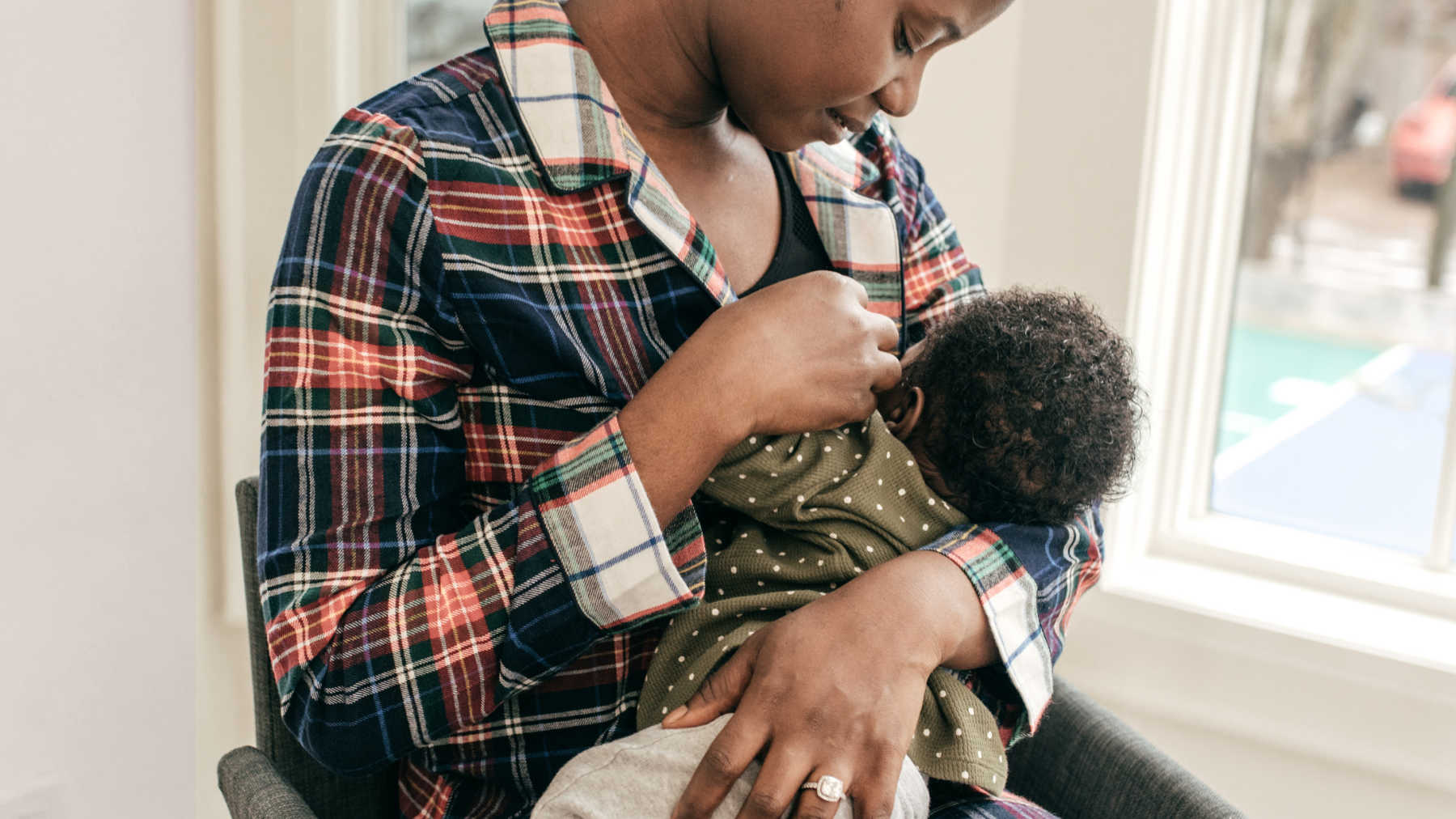Cardiovascular
Exclusive breastfeeding reduces risk of Cardiovascular disease in children, says UNICEF
* Lowers risk of childhood cancer
The United Nations Children (UNICEF) has said that exclusive breastfeeding reduces risk of cardiovascular disease in children through life, lowers risk of childhood cancer (including leukemialower and reduces risk of childhood obesity.
The global children body therefore advised mothers against giving water to their breastfeeding babies in the first six months of life as breastmilk contains everything a baby needs to quench thirst and satisfy hunger.
UNICEF Nutrition Specialist, Philomena Irene, who stated this at a two-day World Breastfeeding Week Media Dialogue organized by the Bauchi Field Office, observed that breast milk is the best possible food and drink that can be offered a baby to grow strong and healthy, stressing that caution should be taken to ensure that water and other liquids do not replace breastmilk.
She noted that breast milk acts as a baby’s first vaccine and gives all children the healthiest start in life and offers life-saving benefits to children and women.
According to her, “Breast milk contains antibodies that help baby fight off viruses, bacteria and infections.
“Exclusively breastfed babies have fewer infections and less hospitalizations and visits to the doctor, decreases incidence and severity of diarrhea, lowers respiratory infections and acute otitis media, lower incidence of dental caries and malocclusion reduce the risk of childhood obesity and diabetes and increases intelligence.”
Adding: “Exclusive breastfeeding provides all of the fluid and nutrients needed for optimal growth and development during the first six months. Breastfeeding helps to prevent malnutrition in all its forms, ensures food security for infants and young children.
“Breast milk provides the nutrients for infant growth and the nutrients are more easily digested than infant formula. Babies that are well-breastfed have fewer infections, fewer gastrointestinal disorders and lower risk of sudden infant death syndrome, higher IQ and increased academic performance.
“It is therefore a foundation of life. Protecting, promoting and supporting breastfeeding is vital to a more sustainable world.”
She also listed the benefits of breastfeeding for the mother to include encouragement of uterine contraction, helping placental expulsion, reduction of uterine bleeding after birth and helps uterus return to its pre-pregnancy size.
Others are, child spacing, helps prevent new pregnancy by delaying the return of menstruation soon after delivery, protection against systemic diseases, prevents systemic disease conditions such as iron deficiency anemia, cancers (breast and ovarian) and osteoporosis.
“Breastfed children have at least, six times greater chance of survival in the early months than non-breastfed children and an exclusively breastfed child is 14 times less likely to die in the first six months than a non-breastfed child.”
Irene said that an estimated 13 per cent of child deaths could be averted if 90 per cent of mothers exclusively breastfed their infants for the first six months of life, adding that delaying breastfeeding by 2-23 hours after birth increases the risk of a baby dying in the first 28 days of life by 40 per cent.
She urged state governors and House of Assemblies to fully implement the International Code of Marketing of Breastmilk Substitutes and relevant WHO Assembly resolutions through strong measures that are enforced and independently monitored by NAFDAC, Ministry of Health and the Primary Development Agencies.
She noted that the production, packaging, storing, distribution and preparation of infant formula contributes to environmental damage and increased expenditure for families
Irene stressed the need to create enabling environment for exclusive breastfeeding by enacting legislation on six months paid maternity leave, breastfeeding breaks and crèches and also enforce and monitor compliance to the code of marketing of breastmilk substitutes.

